Written by Phoebe Jekielek, Director of Research
It has been a different summer on Hurricane Island, to say the least. “Normally” we would have upwards of 20 seasonal staff and interns making magic happen for our summer students and visitors. This summer our full-time Island staff consist of Madison, Carl, Silas, and Elliott who hold down the research and facilities forts M-F each week. I come and go and spend about 3 days a week on the Island and other staff come and go even more sporadically. Different summer for sure.
BUT, there is another person who joined us this summer as well, mostly in spirit and work ethic since she’s 3,178 miles away from us in LOS ANGELES, CA!! Her name is Dennise Valadez and we were lucky enough to have her join us as our Environmental Data Initiative (EDI) Fellow June through July. She worked with myself and Madison (our Aquaculture Manager) to develop data organization and formatting protocols and plans. As we continue to grow and build our own data sets and develop research partnerships with other institutions, it becomes increasingly more important to manage our data wisely.
From their website, the EDI is an NSF-funded project, actively promoting and enabling curation and re-use of environmental data by helping institutions to archive and publish their environmental data. The data they make available is Findable, Accessible, Interoperable, and Reusable (FAIR). They provide support, training, and resources to help archive and publish high-quality data and metadata and operate a secure data repository, working closely with the LTER Network Communications Office and DataONE to promote data management best practices and stewardship. Each year, they work with institutions, like Hurricane, to find and match them with Fellows for data projects specific to their needs. This year, we were lucky enough to work with Dennise. If your organization is looking to expand or even begin their data management and organization efforts, the EDI and accompanying Fellows are a great way to go. Learn more on their website linked above.
Dennise was unable to join us on Hurricane because of Covid, but we hope we can get her out to Hurricane in the future so she can see it firsthand! We could not be more pleased with the work Dennise completed during her time as our Fellow and we are so thankful that she has the expertise, skills, and amazing attitude that she does. Learn a little bit more about Dennise in an interview with her below and see how she was with us in spirit all summer long J Thank you, Dennise, for your time and all of the work you put into setting us up for our next steps in our data management efforts and for walking us through our first data publication…we can’t wait to see you on Hurricane in person!
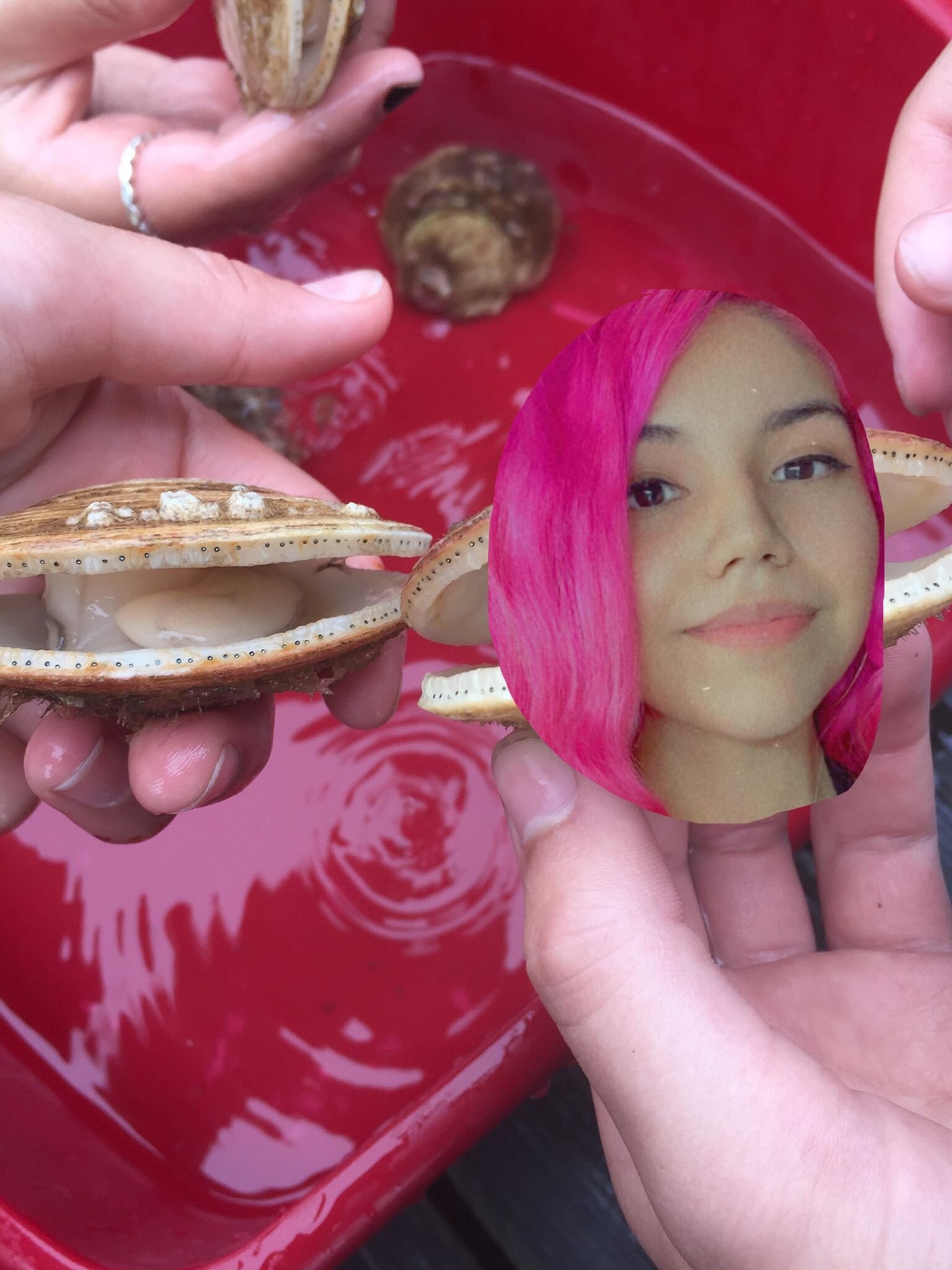
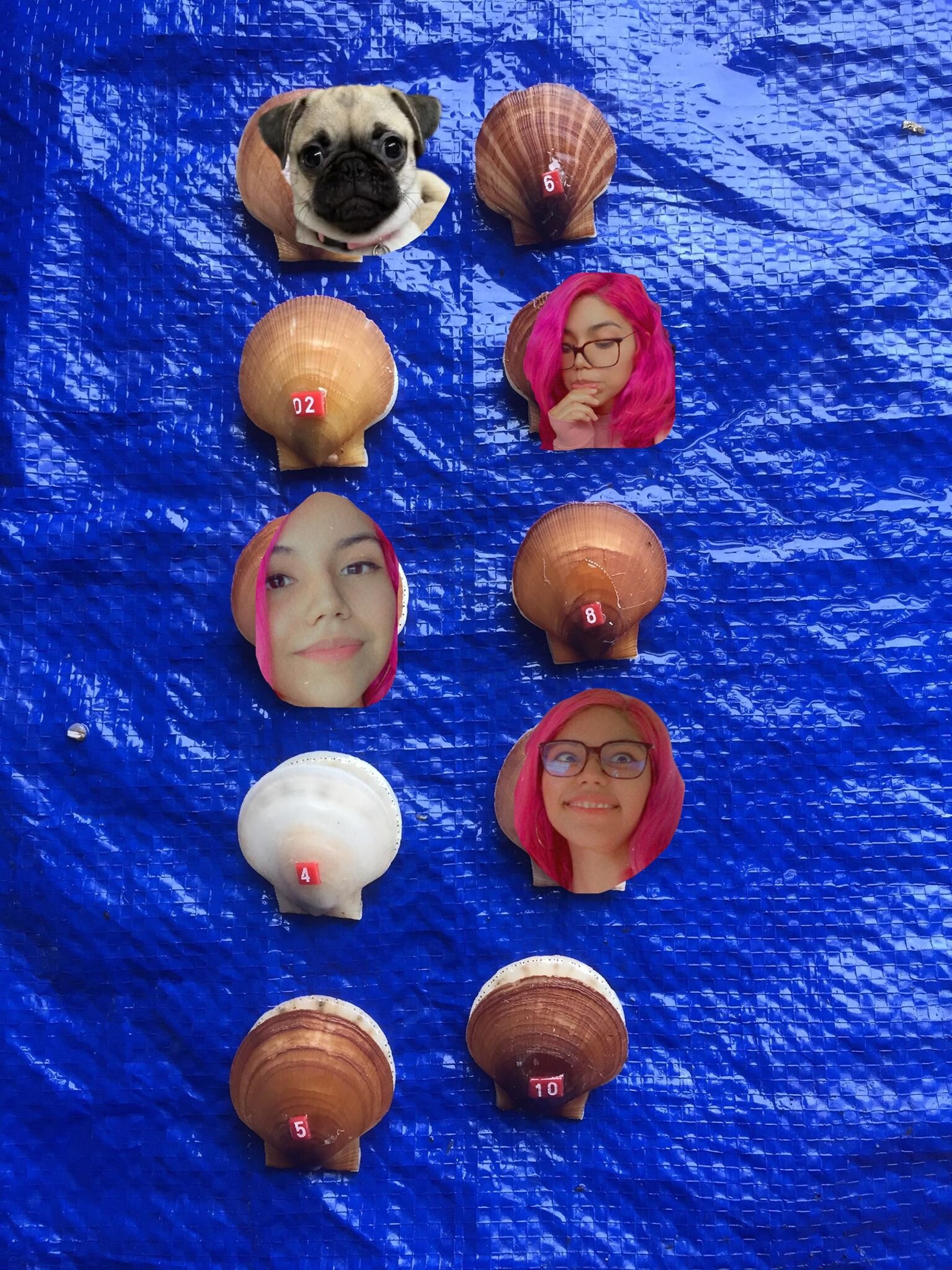
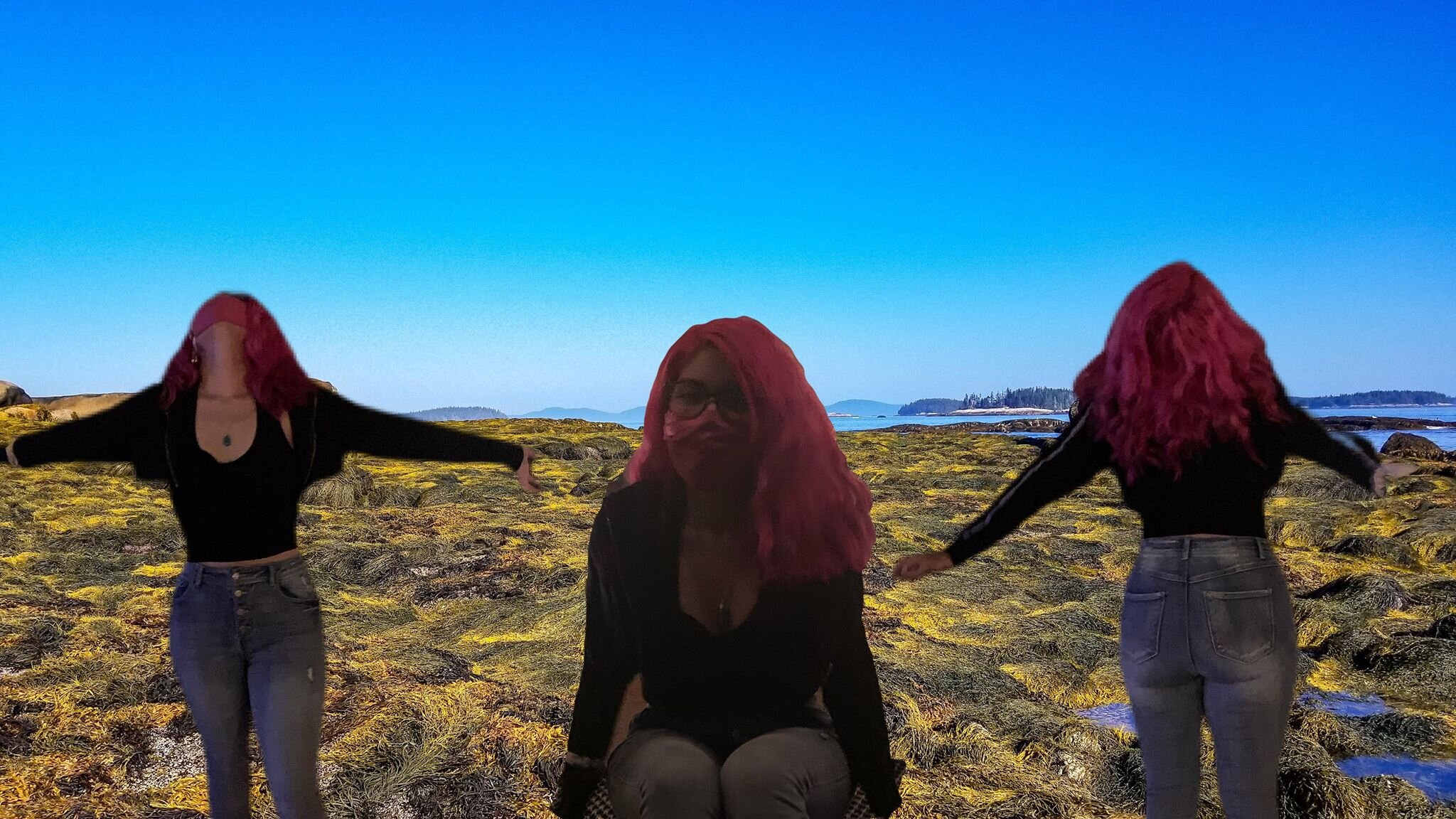
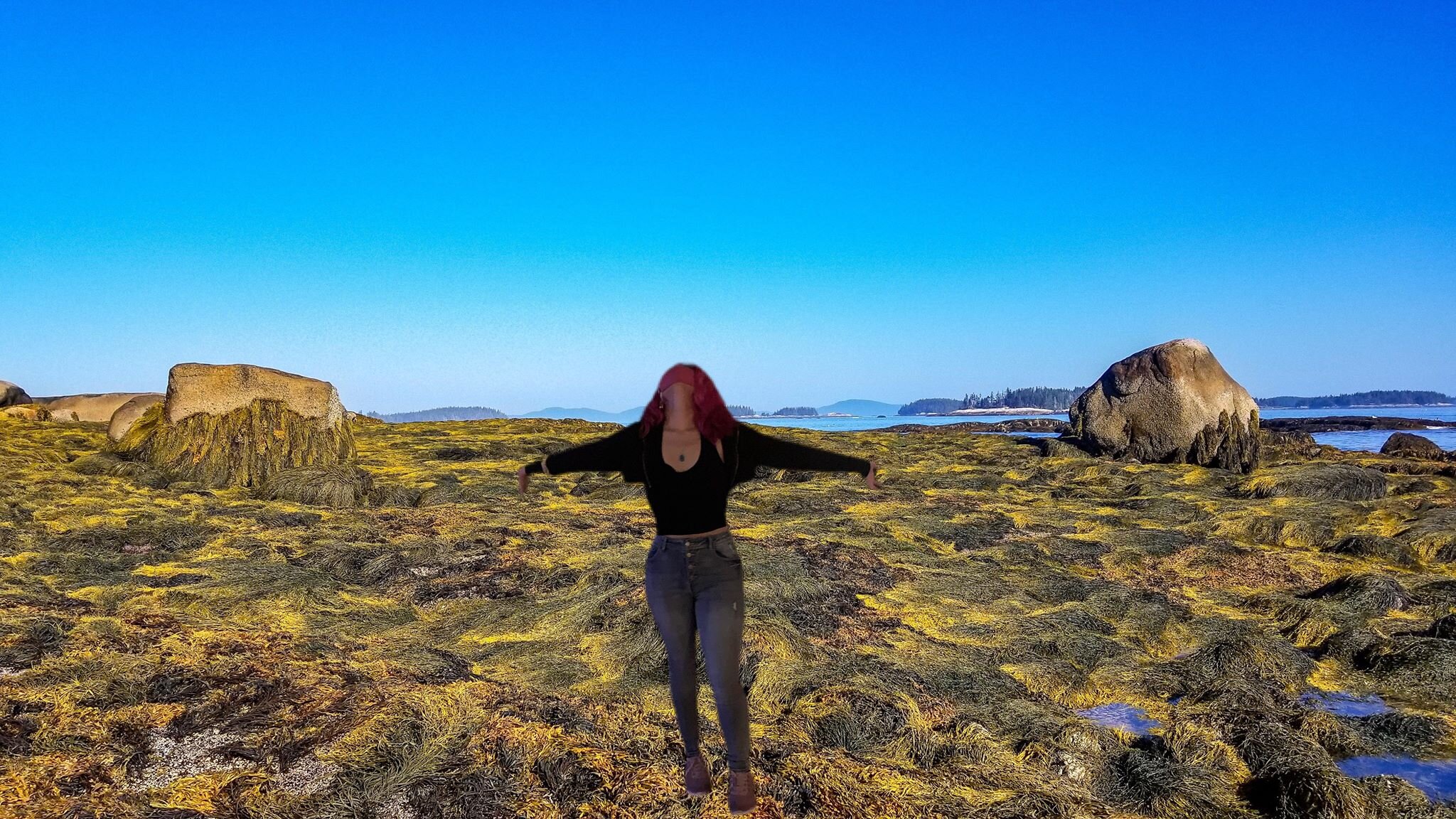
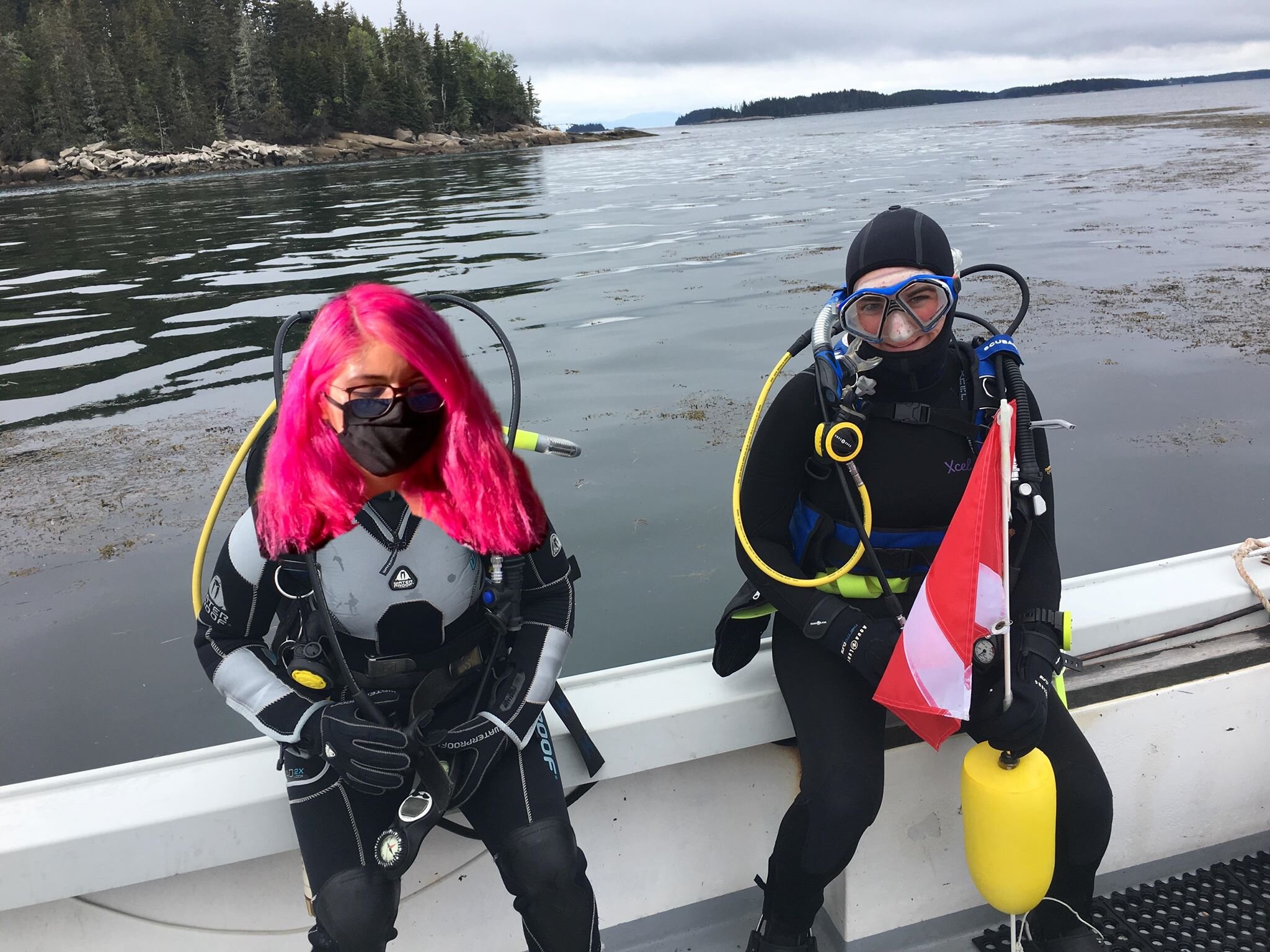
● What is your name, where do you live, and what institution are you affiliated with?
○ My name is Dennise Valadez, I live in Los Angeles and I am affiliated with the University of California, Los Angeles
● Do you have any pets?
○ I have a pug named Sage who is 3 months old and a Bunny named Oreo who is 1 year old.
● Why did you choose to do an EDI Fellowship and what do you LOVE about data?
○ I am super fortunate and enthusiastic about having the privilege to be an EDI fellowship with Hurricane Isand. This fellowship has been the perfect intersection of Data science and Enviornmental Science as I am passionate about both. I love working with data as I believe data management and organization is so vital in gaining a better understanding of our environment. Data tells a story and I like to be that person that helps organize and tell the story that the data attempts to portray.
● Why did you choose to work with Hurricane Island for your Fellowship?
○ Hurricane Island has always been a place of great interest to me as Aquaculture is one of the main focuses on the Island. I am passionate about the ocean and have prior experience in Isotope geochemistry in application to paleoclimate reconstruction in sites such as the Southern Oceans, The Amazon river, and the North Pacific. So I love learning more about the wonderful life that thrives in the ocean. Scallops are of great focus on the Island, and I believe so much can be learned from these sea creatures. I am fortunate and happy to be a part of the data management plans we are developing on the Island!
● Why is it important for organizations like ours to organize and manage their data?
○ I believe every organization can benefit from data management. However, Environmental orgs are of particular interest to me because it would be very difficult to analyze and learn more about our environment without an effective data management program.
● If you had to be shipwrecked on a deserted island, but all your human needs—such as food and water—were taken care of, what two items would you want to have with you?
○ I would probably bring my quantum mechanics textbook and dive gear. Quantum mechanics is one of my favorite branches of physics, and so if I am trapped alone on a desert island, I can't think of anything else I would rather do than contemplate things like wave particle duality and quantum entanglement. I am not the most experienced diver but if I had dive gear, I would have the time to practice and explore the oceans around the island. This would be rad!
● What's next for you in your career?
○ This is a tough question as I have nothing set in stone and even more uncertainties have been imposed given our current pandemic. I have learned so much from this fellowship and hope to work with EDI again sometime in the future! Before the pandemic I was working for the Griffith Observatory, and I hope to get back to science communication sometime in the future (they are currently closed for public safety concerns). I am currently a fellow for the Center for Diverse Leadership in Science and am currently tutoring K-12 students during these unprecedented times. There are so many uncertainties given the pandemic and so finding ways to perform outreach remotely is something my team and I have been working on. I am an incoming graduate school and so I am focusing on outreach as well as preparing for my graduate studies. I am taking my career one step at a time but as long as I am continuously learning and helping others with science then I am where I want to be.
